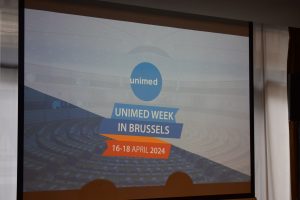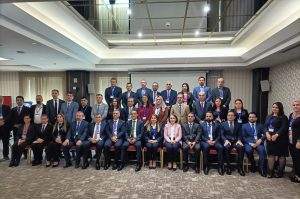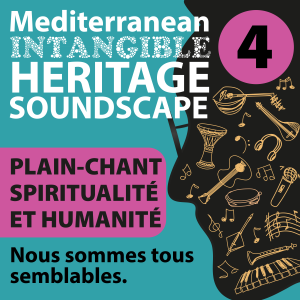At least 82.4 million people around the world have been forced to flee their homes. Among them are nearly 26.4 million refugees, around half of whom are under the age of 18. (Source: https://www.unhcr.org/figures-at-a-glance.html)
In Spain, Italy, Finland, Hungary, Turkey, Jordan and Lebanon the RAISD project “Reshaping Attention and Inclusion Strategies for Distinctively vulnerable people among the forcibly displaced” has set up Action Research Units (ARUs) engaged in the implementation of Tailored Attention Inclusion Strategies (TAIS). These strategies have been developed – created ex novo or adapted – after the identification for each country of the specific Vulnerable groups, their specific challenges and needs.
We had the chance to talk with the people that have been involved in the ARUs, as the stakeholders working on the strategies, or the operators working in the field, or the actual beneficiaries.
For the seven countries we have gathered the information to tell the story of each ARU and also feeling and showcasing the impact this project is having.
Changing the migrants’ narratives empowering beneficiaries to start their own businesses is the main focus of the Spanish ARU led by the Universidad Complutense de Madrid.
The Competence Cell in CESIE is the ARU developed in Italy, whose strengths are participation and resilience. Its focus is on Learning Modules addressed to Vulnerable People, with a particular attention to trafficked women and girls.
The target of the ARU in Finland are asylum seekers who are in a vulnerable situation. In particular young men and single parents. The Finnish ARU is managed by the University of Helsinki.
In Hungary, the ARU has worked to prepare a Trajectory monitoring toolbox for tailored intervention to enahnce refugees’ embeddedness in social structures. The Hungarian ARU is coordinated by the Menedék Association.
In Turkey, the Anadolu University is the coordinator of the ARU working with Forcibly Displaced People. The aim of the TAIS in Turkey is to create capacities, awareness and understanding for various stakeholders in terms of inclusion and diversity – overall for integration – for forcibly displaced people.
A multi-disciplinary approach toward psychological well-being is the main focus of the ARU in Jordan coordinated by the Yarmouk University.
The ARU in Lebanon, coordinated by the Lebanese International University, is working to implement strategies focusing on Syrian students and unpriviledged refugees living in refugee camps, to be fully empowered with health basic skills and knowledge on how to deal with the current pandemic risks. Health literacy and Inclusion of Syrian refugees is a constant challenge in the country and the TAIS aims to contribute to addressing the issue with the help of the newly established Health Committee at LIU.
ARU stories have been compiled in a full document which is available here, and showcased through the project website.
About RAISD Project
RAISD project, co-funded by the H2020 programme of the European Union, is coordinated by the Universidad Complutense de Madrid in partnership with CESIE (Italy), UNIMED – Mediterranean Universities Union (Italy), University of Helsinki (Finland), Menedék – Association for Migrants (Hungary), Anadolu University (Turkey), Yarmouk University (Jordan), Lebanese International University (Lebanon).
To discover more visit raisd-h2020.eu/






